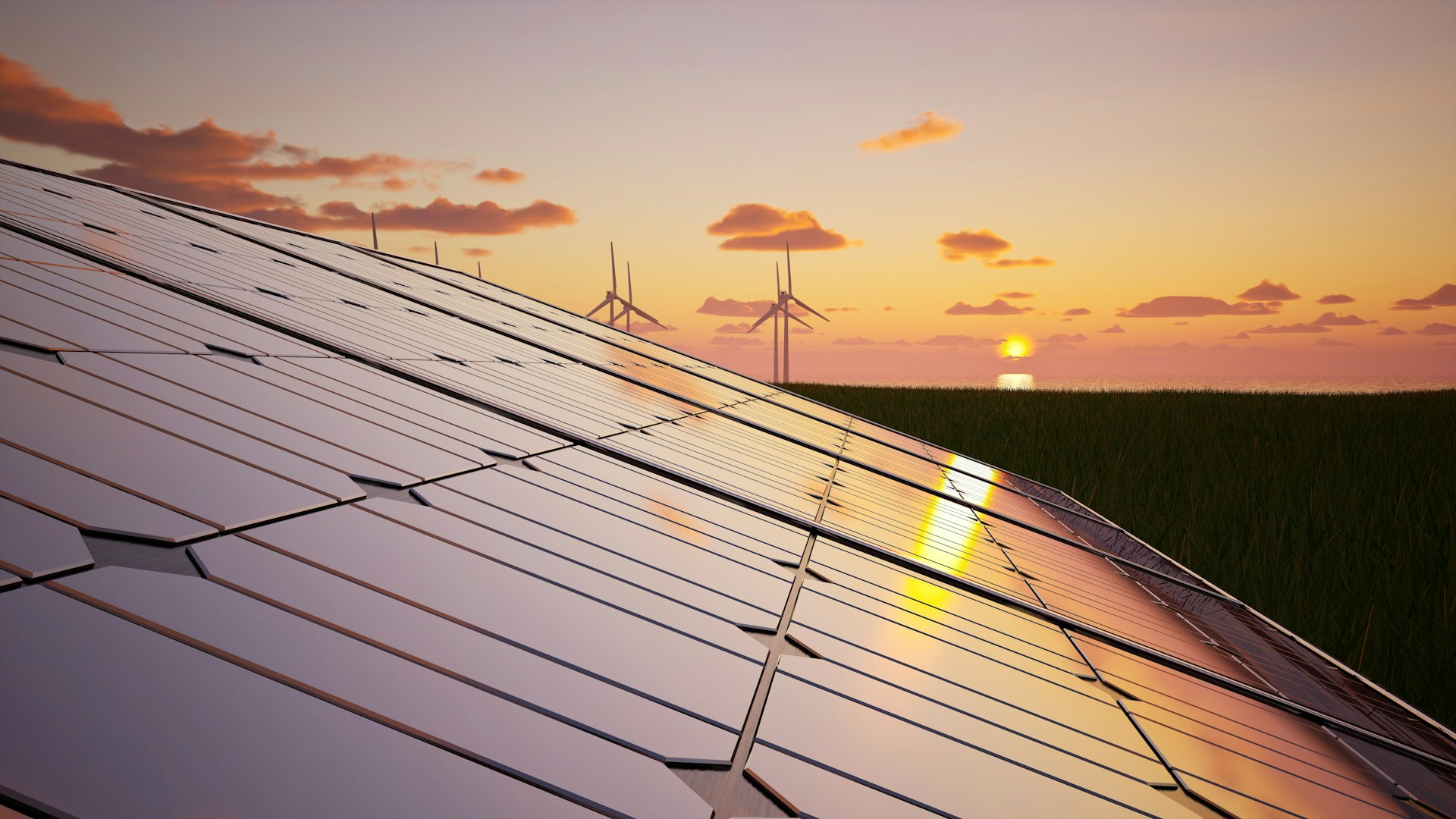Solar energy has taken the spotlight as more people look for sustainable ways to power their homes. However, some common myths about solar panels can make people hesitant to consider the switch. Understanding these myths and the truths behind them can help homeowners make informed decisions about solar energy.
Solar Panels Are Too Expensive
The perception that solar panels are too expensive remains a significant barrier for many homeowners. However, it’s essential to differentiate between initial investments and long-term savings. The upfront cost of purchasing and installing solar panels can be considerable. However, this investment pays off over time by reducing, or even eliminating, monthly electricity bills. Many homeowners witness a substantial decrease in energy expenses, eventually recouping their initial costs and continuing to save money throughout the lifespan of the solar system.
Financial incentives and tax credits are available to make solar more affordable. Federal and state programs offer tax credits that can cover a significant portion of the installation costs. Additionally, rebates and performance-based incentives are designed to lower the financial burden. These programs help increase the affordability of solar energy systems, encouraging more households to make the switch.
When comparing solar to traditional energy costs, solar panels offer significant long-term benefits. Unlike conventional energy sources, the cost of solar power does not fluctuate dramatically over time. Once the panels are installed, you can avoid rising electricity prices and gain predictability in your energy costs. Over time, these benefits contribute to lowering overall energy expenses and providing a stable energy source for your home.
Solar Panels Only Work During Sunny Weather
A common myth is that solar panels only produce energy when the sun is shining brightly. However, solar panels can generate power even on cloudy days, thanks to diffuse sunlight. Although direct sunlight produces the most energy, photovoltaic panels can convert diffuse sunlight into electricity, ensuring continuous energy production even in less-than-ideal weather conditions.
Year-round performance is another advantage of solar energy systems. They are designed to work in various climates and maintain efficiency regardless of seasonal changes. Areas with seasonal variations will see shifts in energy production, yet the overall yearly output remains substantial. Solar technology advancements ensure that panels operate effectively, regardless of geographic location.
To use solar power at night, storage solutions like batteries are available. These systems can store excess energy produced during daylight hours, allowing you to access and utilize solar power after the sun sets. Batteries also provide reliable backup energy during power outages, making solar energy a dependable source for your home anytime. As storage technology continues to improve, relying on stored energy becomes an increasingly practical option for homeowners using solar power.
Solar Panels Require Constant Maintenance
Contrary to popular belief, solar panels do not require constant maintenance. Keeping them efficient involves minimal upkeep. Regularly cleaning the panels to remove dirt, leaves, or snow ensures they capture maximum sunlight. Typically, rainfall suffices for cleaning, but occasional manual cleaning may enhance efficiency, especially in drier areas where dust accumulates more readily.
The longevity of solar panels contributes to their low maintenance needs. Most panels are built to last 25 to 30 years, with warranties often covering performance for this duration. These systems are designed to withstand various weather conditions, making them reliable and durable. Advances in solar technology also continue to enhance their resilience and efficiency over time.
Comparing professional inspections to DIY monitoring is crucial for best practices. While homeowners can periodically visually inspect their panels, professional checks can diagnose issues that may not be immediately visible. Hiring professionals ensures that all components, such as the inverter and wiring, are functioning correctly. Combining DIY efforts with occasional professional inspections provides the best results, ensuring long-term efficiency and performance.
Solar Panels Are Bad for the Environment
It’s a myth that solar panels are harmful to the environment. Understanding the environmental impact begins with examining the manufacturing process and the panels’ lifespan. The production of solar panels involves energy, but the clean electricity generated over their lifetime more than compensates for the initial energy used in manufacturing. Panels typically produce far more energy than they consume during their creation.
Recycling and reusability are crucial end-of-life options for solar panels. Many components, like aluminum frames and glass, are recyclable, and innovative processes are improving the recyclability of other parts. As technology advances, the recycling rates and methods for solar panels become more efficient, reducing their environmental footprint even further.
Overall, solar energy markedly reduces the carbon footprint compared to fossil fuels. By generating clean, renewable power, solar minimizes pollution and greenhouse gas emissions. This shift away from conventional energy sources significantly contributes to a healthier environment, showcasing solar energy as a vital component in sustainable living.
Conclusion
Debunking prevalent myths about solar panels highlights their potential as a sustainable energy solution. Addressing misconceptions like high costs, reliance on sunny weather, and maintenance needs reveals the accessible and practical nature of solar energy today. With advancements in technology and supportive incentives, solar adoption has become easier and more beneficial than ever before.
In the Dallas-Fort Worth area, transitioning to solar power aligns with broader goals of energy independence and environmental responsibility. Local weather conditions suit solar installations, making it a viable choice for both residential and commercial properties. Incorporating solar technology offers long-term financial savings and supports environmental health, which are priorities for many homeowners and businesses.
Considering these points, explore how solar energy can transform your energy needs. At James Kate Roofing & Sola, we specialize in delivering efficient, reliable solar solutions that cater to your specific requirements. Whether you aim to reduce energy costs or increase your property’s sustainability, let our solar roofer guide you in achieving these goals with our expert services.

